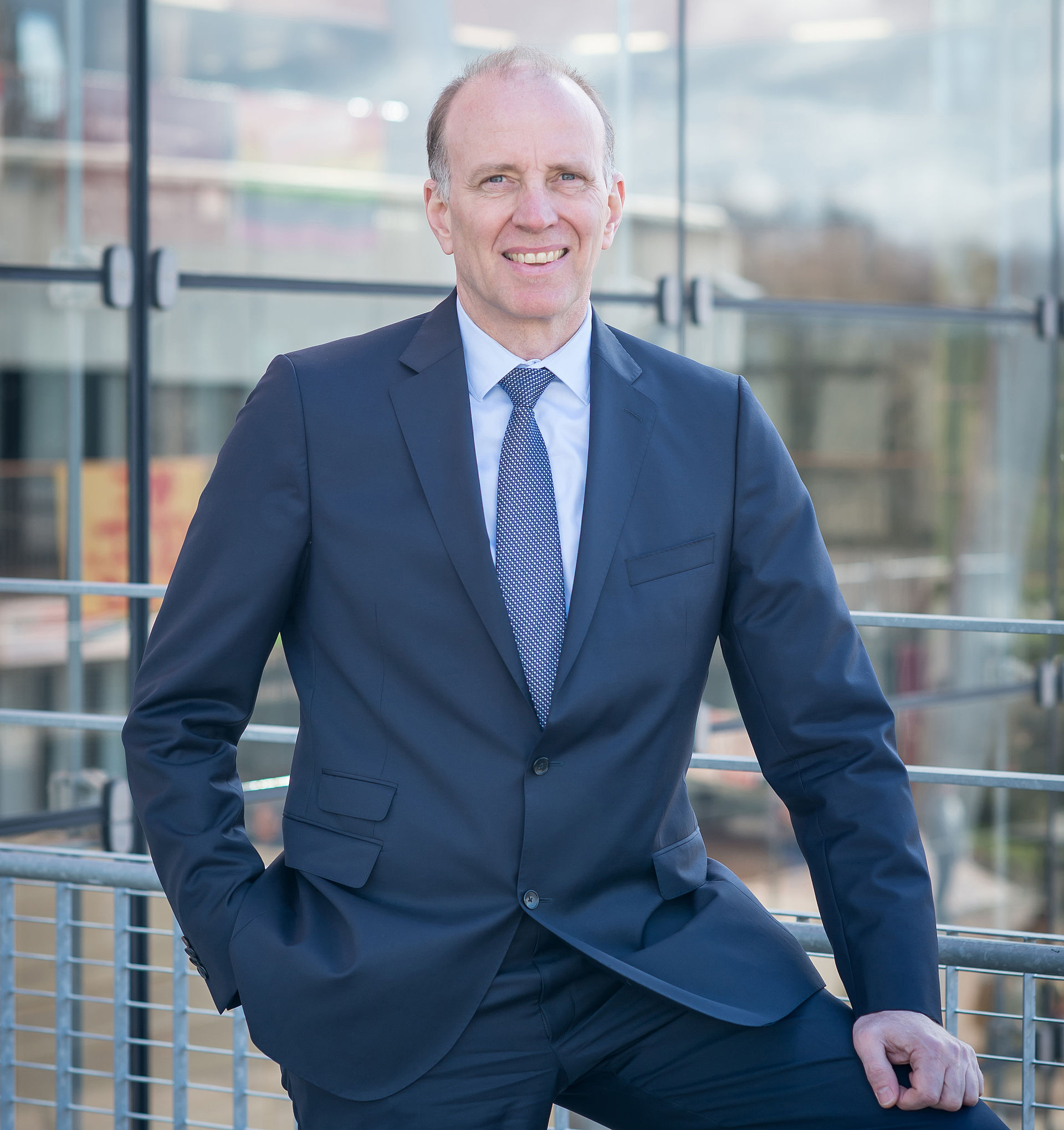May 30, 2018. Elon Musk, founder of SpaceX and Tesla, recently advocated the colonisation of Mars to preserve the human species in a third world war. He plans to have his spaceship “Big Falcon Rocket” land on Mars by 2022. I have a lot of respect for Elon, we have known each other for many years. The simultaneous successful return of the two stages of his “Falcon Heavy” rocket in February was a technical feat. But as far as Mars is concerned, he seems to me to be overly optimistic. I am convinced that the complexity of Mars is greatly underestimated. It would be easier to operate a kind of Arctic station on the Moon. But Mars is on an entirely different level, if only because of the dimensions involved. For a start, very powerful propulsion units would be required to lift off from Mars. My generation will not see any colonies on Mars. But I may be wrong.
Supply stations on the moon with 3D printer
For humans to be able to travel to Mars on a regular basis, supply stations along the route through space are required. The challenge is to establish a logistical structure in the closer planetary system. This could, for example, include a Moon base where provisions and spare parts from the 3D printer could be taken on. It's a little bit like it was with the sea voyages of Christopher Columbus. Columbus sailed to America. But what happened after that? Interim stations were established on the Canaries, the Azores and Cape Verde. In this way safe sea traffic was organised.
Life on other planets is subject to considerable constraints. When it comes to space travel we must not forget that it will never be anything like travelling on the Starship Enterprise. Applying physics as we have known it since Einstein, we simply cannot get to other solar systems that fast. The travel time is measured at least in decades, and even the nearest solar system, Alpha Centauri, is more than four light years away. This means that we won’t get very far as long as humans live for only 100 years.
Personal details:
Born in 1962, Marco Fuchs studied law in Berlin, Hamburg and New York. He worked as an attorney in New York and Frankfurt am Main from 1992 to 1995. In 1995, he joined OHB, the company that his parents had built up. He has been Chief Executive Officer of OHB SE since 2000 and of OHB System AG since 2011. Marco Fuchs is married and has two children.


